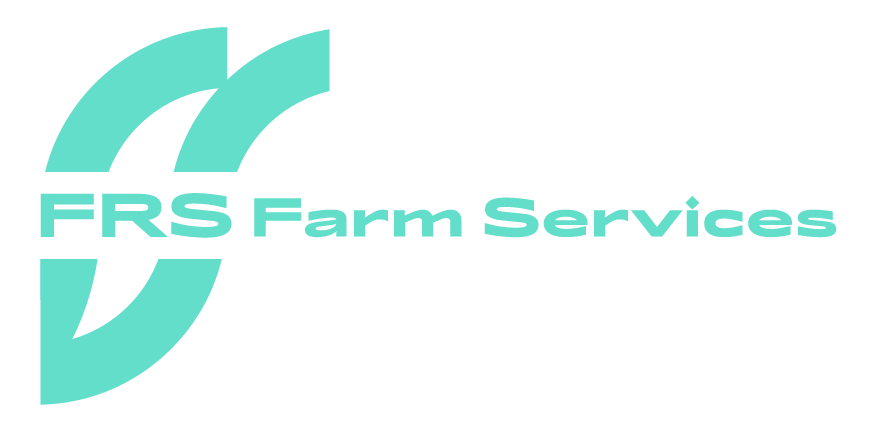As Spring is upon us, the evenings are getting longer, and flowers are starting to appear but the heavy workload for the farmer remains. With a range of farm tasks to be completed, time is precious, and efforts made during the calving period will affect the long-term growth of the farm.
One area that can affect the future of the farm is biosecurity. Biosecurity refers to the practices of preventing the introduction and spread of disease and illness within the farm. Knowing the signs of disease and illness is incredibly important, but prevention is always better than cure. Each farming enterprise should have their own biosecurity and disease prevention plan. Here are some key factors that all farmers can adapt to their own practices.
Practice good hygiene
Farmers should practice good hygiene on farms. Have easily accessible hand and boot washing facilities and use regularly. Place foot baths outside sheds/calf houses to avoid contamination. Wear PPE when necessary and if wearing waterproofs, overalls or other, ensure they are disinfected correctly.
Disease status information
When buying cattle, factors regarding biosecurity must be considered. It is important to know the disease status of the source herd. Do not purchase any ill looking animals and if buying calves, aim that they are at least 3 weeks old. All new animals coming to the farm should isolate for a minimum period of 28 days. This also applies to any animals returning from shows or unsold at the mart. During this period, it is important to observe the animals and seek advice from the local vet should they show signs of illness.
Develop immunity
If the farm is a calving enterprise, it is important to develop the immunity of the calf to help with disease prevention. This can be done by ensuring each calf receives an adequate amount of colostrum and the practices of the ‘Golden Hour’ are applied. All calves should have access to fresh water and the farmer should also ensure they are feeding high quality calf milk replacer and concentrates. With calves, a sound vaccination programme is also essential. Consult with the local vet to tailor the plan to the needs of your farm.
Minimise exposure to infection
With calves, the farmer must try to minimise the risk of exposure to viruses and bacteria in the calving environment and housing facilities. A well-ventilated shed with no draughts will allow the air to circulate and reduce the risk of pneumonia. Having the right amount of bedding and keeping pens clean is also essential. A suitable disinfectant should be used to clean and sterilise pens, feeders, water troughs and other equipment/areas.
Limit stress
Limiting stress is another factor in having strong biosecurity. Stress can inhibit the immune system of animals, especially calves. Stress can occur when animals are being transported, changes to their diet, poor ventilation and if the pen is overcrowded. Any of these factors can impact the disease resistance in calves. Good farm management, planning and ongoing monitoring can help reduce stress.
Good farm management
Good overall farm management and keeping compliant can also help limit biosecurity failures. Making note of signs and symptoms of illness and being proactive in carrying out the health plan of the farm is essential. Keeping track of remedies given to animals and knowing the history of the animals that are coming onto your farm are important farm management tasks.
Farming app Herdwatch can help keep things on track. Farmers can use the app to register calves on the spot, apply for a Movement Cert, view history of animals and track and monitor medicines administered – all while being Bord Bia and department of agriculture compliant. Herdwatch can be used around the yard without an internet connection and can save a lot of paperwork time. Find out more at www.herdwatch.ie where special offers are available.
